I can’t lie, Tiger Army was the band that made me fall in love with psychobilly. Hell, I don’t think I even knew what psychobilly was until I got the second Give ‘Em the Boot compilation from Hellcat in 1999 and was instantly smitten. Keep in mind, the Internet was crap in the late ’90s and discovering music was still limited to going to music stores and making mix CDs. That said, Tiger Army was the gateway drug that led me to discover a ton of great psychobilly bands and horror bands over the past 15 year.
All I can remember about this interview was that it was like pulling teeth. Nick 13 did not like to do press and I had to pull a lot of strings at Epitaph to score a few minutes with him. I finally go the chance on October 11, 2002 when the band opened up for The Damned at WWF New York’s The World. I remember it taking forever to find him because he couldn’t hear his phone in the loud club and his merch guy was nowhere to be found. When we finally cornered him in the restaurant section of the club, he gave us about ten minutes to talk to him while he ate dinner.
The ensuing conversation was far from riveting and he seemed annoyed that we didn’t know enough about the roots of psychobilly and that he was playing in what was basically a wrestling-themed restaurant. Regardless, here’s my interview with Nick 13 which was published a few short months later. In the end, I think I pulled together a decent Tiger Army primers for folks that had no idea who Nick 13 was in 2002.
This article was originally published in Life in a Bungalo on November 2002
Despite what people might think, Nick 13, founder, singer, songwriter of the Tiger Army wasn’t born a psychobilly heartthrob. He got into the rockabilly movement gradually, having spent his youth involved in the punk rock skateboarding scene. “That was the first music that I really fell in love with and got deeply into,” Nick 13 told Life In A Bungalo backstage at a local Damned show. “At the same time I always liked 1950s rock ‘n’ roll and what little I knew of rockabilly, whether it was the Stray Cats or stuff like Buddy Holly.”
As he got more and more into the California punk rock scene, Nick became fascinated in the connection between 1970s punk rock with 1950s rock, be it The Cramps, The Ramones or The Sex Pistols. “A lot of it was similar chord structures and solos, and a lot of early punk was just ’50s rock ‘n’ roll just played louder and more aggressively,” Nick 13 said. “And I thought that was really cool.”
In the mid-1980s, Nick 13 began delving into the roots of rockabilly, searching for his idols’ influences, such as Eddie Cochran, The Meteors and Johnny Burnett. Eventually, his musical exploration led him to discover psychobilly, a sound that blends punk and rockabilly with a fondness for the macabre. The psychobilly subculture existed in Europe for years, but never caught on in the States until the early 1990s, with an explosion of bands like Tiger Army and Nekromantix.
“I had been listening to The Meteors and a couple of other bands for a while, and when I moved to Berkeley in 1994 I got a hold of some ‘zines, and I found out that there were dozens of other bands that played psychobilly,” Nick 13 said. “Naturally, having been drawn towards horror movies and rock ‘n’ roll — finding this type of music — that was it for me. This was the type of music I wanted to play.”
Nick 13 had already played guitar for more than 13 years and served time in punk bands like Influence 13 when he decided to start up his own psychobilly band. His first challenge was finding an upright bassist that could pack the punch of the European psychobilly groups he loved and respected. Enter Joel Day, who recorded the group’s demos (recently released on Hellcat), Rob Peltier and Geoff Kresge, formerly of AFI. Drum duties rotated album to album in the early days of the band. Adam Carson of AFI appeared on the band’s early demos and the debut album, and was eventually replaced by London May of Samhain.
“We didn’t tour at all on the first album,” Nick said. “The first shows Geoff played with us on were in late ’99, right after the first album came out, and that was just a California tour. By the time we started touring (just before the release of their second record, Power of Moonlight), pretty much everywhere we went, there were people who were singing along to our songs.”
While Tiger Army’s eponymous first release encompassed more of a dark rockabilly sound, the follow-up was a lot heavier and hammered home the group’s punk rock roots. “What people mostly react to on the second album is the way it’s mixed,” Nick 13 said. “It definitely veered away from the rockabilly influence a little bit, but I wouldn’t say it’s more punk. Songwriting-wise, I think it’s more of a progression to the more modern psychobilly being played in Europe, but we weren’t really happy with the way the bass sound was recorded on the second album. On a traditional psychobilly mix the bass should be the backbone of the sound, but on the second album the bass is quiet and the drums are loud.”
The second record also continues to play up themes of darkness and horror with songs like “Grey Dawn Breaking” and “When Night Comes Down.” “Horror movies, are just in my nature,” Nick 13 said. “It’s something I’ve been drawn to ever since I was in grade school. I’ve always been interested in the supernatural, Halloween and ghost stories. As far as stuff that has influenced me, I’m not into gore. My favorite era of horror is the early ’30s through the very early ’60s. I’m drawn to the atmosphere and some of it does influence my work, but I don’t want to become a cartoonish parody. We’re not a horror rock band.”

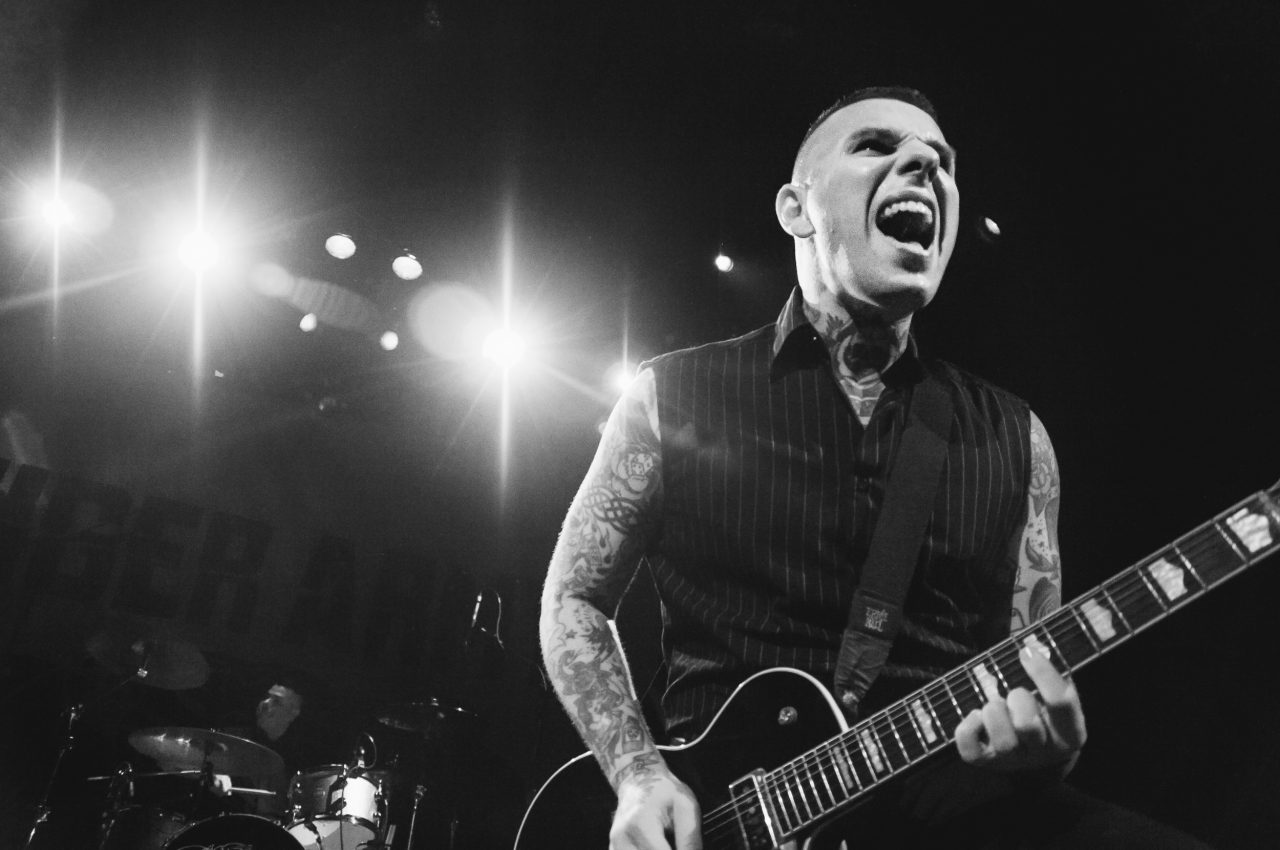
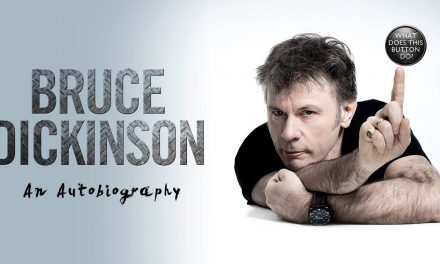
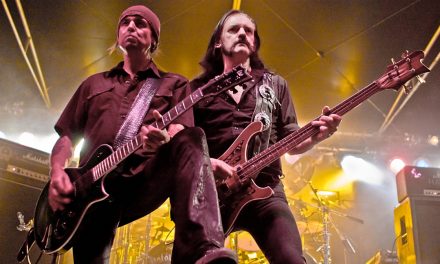
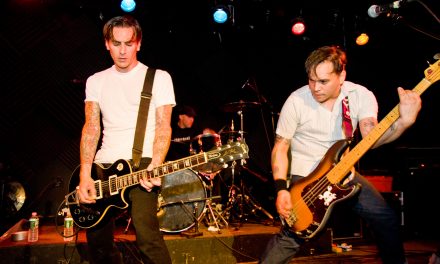
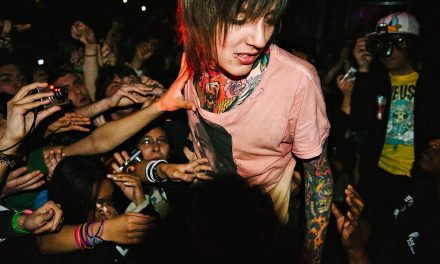
Tiger army is one of the whiniest sounding bands I ever heard, I will admit to like one or two of there tunes once you hear all the oth psych bands out there, there is no denying that they are bottom feeding sell out pop stars , like what you like but for me tiger army is Gay.
TA suck cock…they are lame and pretend to be the misfits..but they give us all the mis-shits. they are not a good band and well they buck bones
fuck this kind of bands are whats killing the psycho scene.fuck tiger army,fuckfuckfuck the horrorpops. fuck ya all mainstreamers.want some real psychobilly listen to demented are go,batmobile,the quakes,frantic flintstones and ofcourse OS CATALEPTICOS,hellbillys, true fuckin psychos
Tiger Army is bad ass!!!! Just prefer if it can be even better!!! T.A.N.D!!!!
Tiger Army is a bad ass band! The idiot who wrote T.A. sucks is a moron! U suck!!! U know Y? cuz T.A. brought psycho-billy to the U.S!!! along with da NEKROMANTIX! Without T.A. and Nekro’s people would have probably not even known about psycho! I hav respect 4 T.A.!!! TIGER ARMY NEVER DIE!!!!!!!!!!!!!!!!!!!!!!!!!!!!!!!!!!!!!! and fuck emo’s!
tiger are really fucken sucks you guys are killing the psycho scene you guys suck and also fuck all the EMO’S at your shows and the fake pycho’s
omg this is probably one of the best articles i’ve read on the subject of tiger army. There never seems to be a huge amount of information about them. so this was a job well done for the band’s small (or seeminly small) fan base.